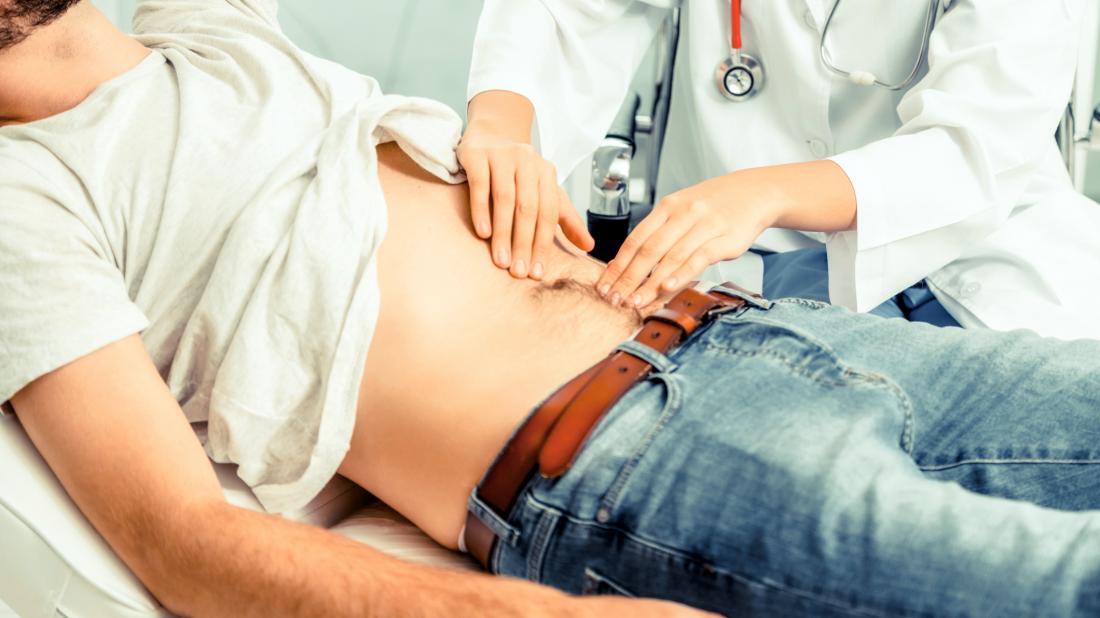If you have been experiencing digestive issues, such as Charlotte GERD your primary care physician may refer you to a gastroenterologist. A gastroenterologist is a medical doctor who specializes in the prevention, diagnosis, and treatment of conditions that affect the digestive system. If you have never visited a gastroenterologist before, you may be unsure of what to expect during your first appointment. In this article, we will outline the typical process of a first visit with a gastroenterologist.
What to Bring
Before your first visit, you will typically receive a confirmation call from the gastroenterologist’s office, reminding you of the appointment and asking you to bring several items with you. These may include: – Your insurance card – A photo ID – A list of all medications you are currently taking, including over-the-counter medications and supplements – A referral from your primary care physician (if required by your insurance)
Medical History
During your first visit, the gastroenterologist will typically begin by taking a detailed medical history. This may include questions about your symptoms, how long you have been experiencing them, and whether they are getting worse over time. The doctor will also ask about your family history of digestive conditions, as well as your personal medical history, including any previous surgeries or hospitalizations.
Physical Exam
After taking your medical history, the gastroenterologist will perform a physical exam. This may include palpating your abdomen to check for tenderness or swelling, as well as listening to your abdomen with a stethoscope. The doctor may also perform a rectal exam, which involves inserting a gloved finger into the rectum to check for abnormalities.
Diagnostic Tests
Depending on your symptoms and medical history, the gastroenterologist may order one or more diagnostic tests. These may include: – Blood tests to check for signs of infection, inflammation, or other abnormalities – Imaging tests, such as X-rays, ultrasound, or a CT scan, to visualize the digestive tract – Endoscopy, which involves inserting a thin, flexible tube with a camera into the digestive tract to visualize the lining and take biopsies if necessary – Colonoscopy, which is similar to endoscopy but focuses on the colon and rectum
Treatment Plan
Once the gastroenterologist has completed the diagnostic tests, he or she will review the results with you and discuss a treatment plan. This may include lifestyle changes, such as dietary modifications or exercise, as well as medications or procedures to manage your symptoms or treat any underlying conditions. The doctor will typically schedule a follow-up appointment to monitor your progress and adjust your treatment plan as necessary.
Conclusion
Visiting a gastroenterologist for the first time may seem intimidating, but it is an important step in getting the care you need for digestive issues. By bringing the necessary documents, being prepared to discuss your medical history and symptoms, and following the doctor’s recommendations for diagnostic tests and treatment, you can work together with your gastroenterologist to achieve optimal digestive health.



